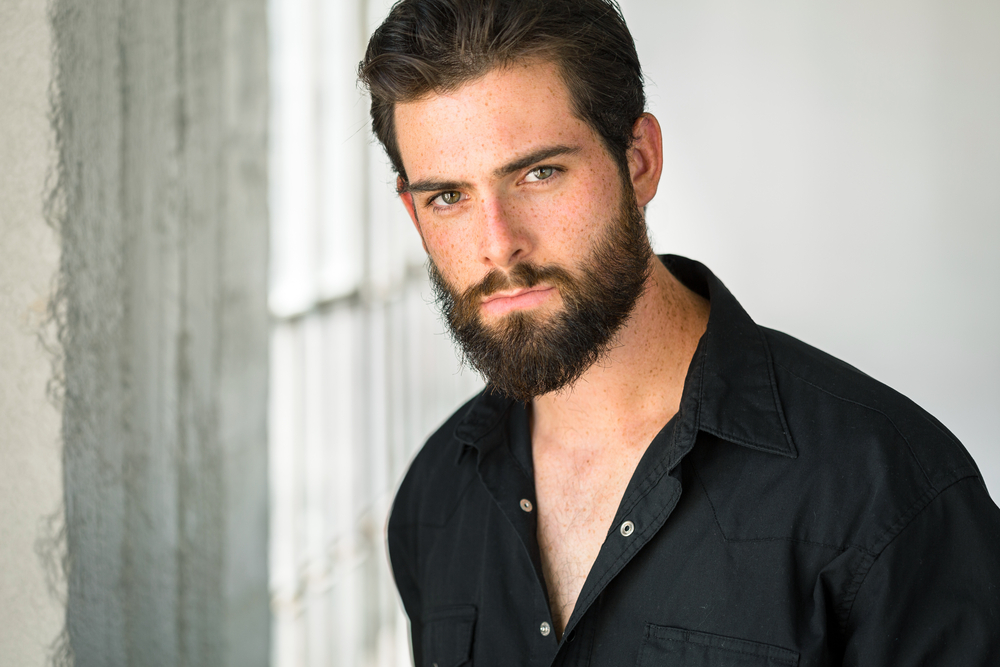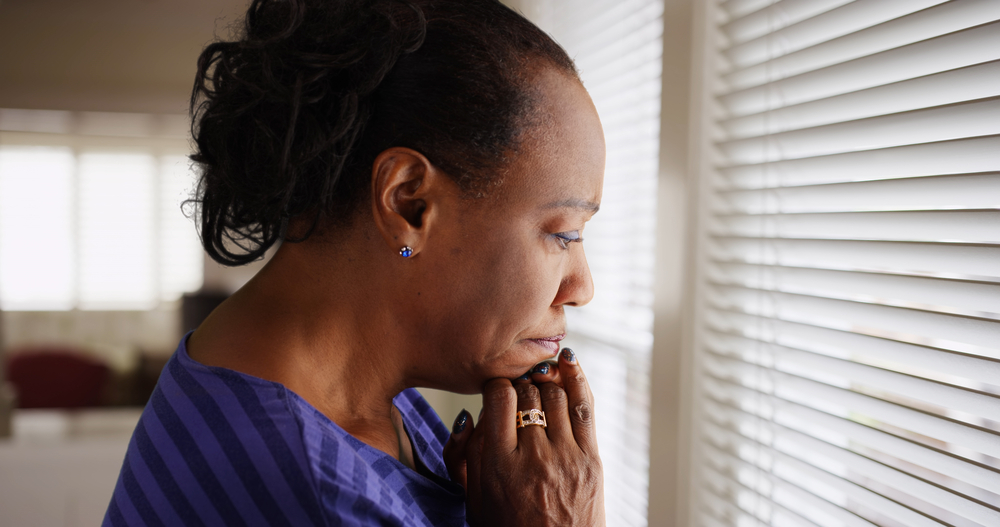Let’s take a cringe-worthy trip down memory lane, back to a time when political correctness wasn’t yet invented and casual insensitivity was just another Tuesday. The 1980s weren’t just about big hair and neon—they were about saying things that would make a modern HR department have a collective meltdown. Here’s a look at some of those very things.
1. “Meet my work wife!”

This casual office phrase was tossed around in the ’80s corporate world. Men would proudly introduce their female colleagues this way, thinking it was a compliment. Today, this term isn’t just inappropriate—it’s a LinkedIn cancellation waiting to happen. It manages to be simultaneously demeaning to actual marriages and professionally belittling to women in the workplace. The fact that it was often said with a wink and a nudge makes it even worse.
2. “Boys Will Be Boys”

This was a get-out-of-jail-free card for everything from workplace harassment to schoolyard bullying. Used by parents, teachers, and managers alike, it dismissed concerning behavior as natural and unchangeable. Today, we recognize this phrase as the foundation for toxic behavior it really is. Back then, it was printed in school newsletters and employee handbooks without a second thought.
3. The “Secretary” Assumption

The backhanded compliment of the ’80s workplace, where any woman in an office was assumed to be a secretary first. Even worse was the well-meaning “executive secretary” title upgrade, as if adding “executive” somehow made the gender assumption better. In today’s world, where administrative professionals have their own career tracks and titles, this kind of assumption would spark an immediate inclusivity training session.
4. “Man Up”

This was everyone’s favorite way to shame someone into action, whether in sports, business, or personal situations. Coaches screamed it, bosses demanded it, and parents used it to “toughen up” their kids. It wasn’t just about handling physical challenges—it was the go-to phrase for any display of emotion or hesitation. Today, this is recognized as a toxic reinforcement of gender stereotypes that damages both men and women.
5. The Diet Commentary

“Should you be eating that?” was a perfectly acceptable thing to ask anyone, anytime, anywhere. The ’80s were obsessed with diets, and commenting on someone’s food choices or body was considered helpful rather than harmful. People would openly discuss weight loss at work, comment on colleagues’ lunch choices, and even keep public weight loss charts in the office. Try that in today’s workplace and you’ll be having a very different kind of meeting with HR.
6. Mocking Mental Health

Terms for mental health conditions were thrown around as casual insults. “That’s so crazy!” “He’s totally schizo about it.” “Stop being so OCD!” These weren’t just sayings—they were everyday adjectives used to describe everything from eccentric behavior to perfectionism. The casual use of mental health conditions as punchlines would today be recognized as the harmful stigmatization it always was.
7. The Cultural “Compliments”

“You’re so articulate!”—said with surprise to any minority professional who could string sentences together. These backhanded compliments were delivered with genuine enthusiasm, making them even more cringe-worthy in retrospect. The ’80s were full of these “well-meaning” microaggressions that today would rightfully spark outrage and consciousness-raising workshops.
8. Doing Accents to Be “Funny”

People would regularly imitate accents and dialects for laughs, whether it was in the break room or during presentations. This wasn’t just accepted—it was expected entertainment. Entire comedy routines and office presentations would be built around these imitations. Today, this kind of mockery would end careers and spark viral Twitter threads about cultural sensitivity.
9. The Gender Role Enforcement

“That’s not very ladylike!” was used to police everything from sitting positions to career choices. Its counterpart, “Real men don’t…” was equally restrictive. These phrases were more than casual comments, they were social enforcement tools used to maintain rigid gender roles. Using these phrases today would trigger lots of deep discussions.
10. The Family Planning Interrogation

Asking female employees about their marriage and baby plans wasn’t just acceptable—it was considered friendly conversation. “When are you planning to start a family?” was a standard interview question, often followed by decisions about hiring and promotion. Today, these questions would lead straight to legal action and discrimination lawsuits.
11. The Age “Wisdom”

“You can’t teach an old dog new tricks” wasn’t just a saying—it was used to justify age discrimination in hiring and training. Older workers were openly passed over for new technology training, while younger workers were dismissed as inexperienced regardless of their skills. The casual ageism of the ’80s workplace would violate multiple labor laws today.
12. The “Joke” Excuse

“Can’t you take a joke?” was the universal defense for any offensive comment. It was the shield that made everything acceptable, from inappropriate touching to racial stereotypes. This phrase was particularly powerful because refusing to “take a joke” was seen as a character flaw. Today, this defense would only make the original offense worse in the court of public opinion.
13. The Fashion Police Commentary

Open commentary about someone’s appearance was practically a professional duty. “Dress for success” meant conforming to rigid, often discriminatory standards, and everyone felt entitled to enforce these rules through direct comments. The policing of professional appearance, particularly for women and minorities, would be recognized as a form of discrimination today.
14. The Disability Dismissal

Physical and cognitive disabilities were often treated as character flaws or inconveniences. The casual use of slurs for disabilities was commonplace, and accessibility was seen as an optional luxury rather than a right. The way the ’80s talked about and treated disabilities would violate today’s ADA regulations for sure.
15. Not Taking Preferred Pronouns Seriously

The very concept of respecting someone’s gender identity was treated as a joke. Any deviation from traditional gender norms was met with open ridicule and “humor.” The idea that someone might want to be addressed differently than their appearance suggested would have been met with the kind of jokes that today would end your career in a flash.








